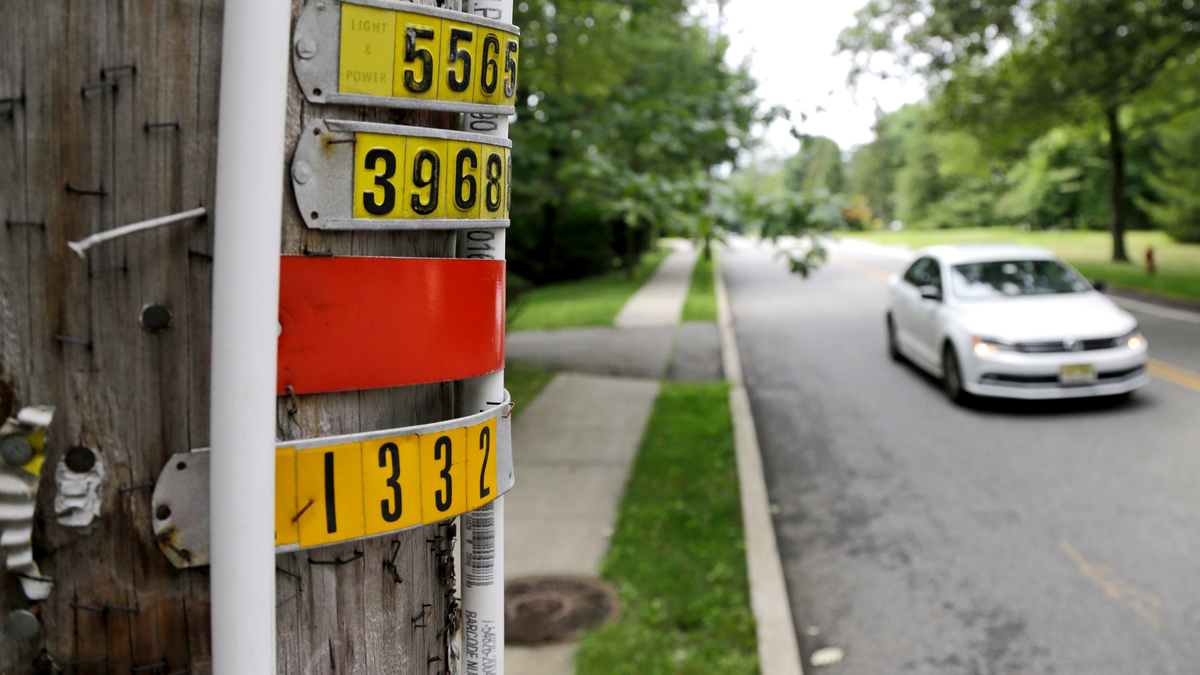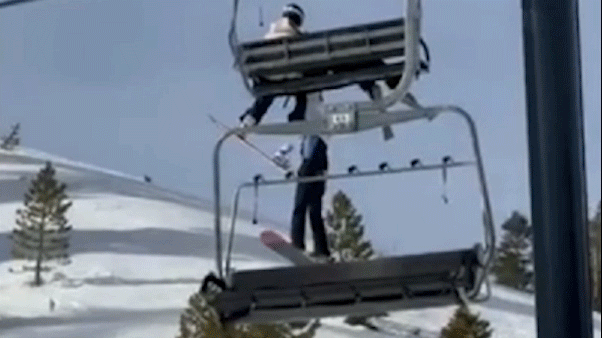
MAHWAH, N.J. – A New Jersey township is under investigation after it adopted a rule limiting use of a public park to state residents, which opponents said targets the Jewish community from a nearby New York town.
The state attorney general's office issued a subpoena last month ordering Mahwah to turn over documents related to the ban.
The township met the Aug. 21 deadline to submit the documents, which included emails, text messages and social media posts, said Mahwah independent Mayor Bill Laforet. "We're fully cooperating with the attorney general," he said.
The northern New Jersey town on the border of New York has come under fire recently for ordinances that some believe are targeted at Jews. The town is also facing a lawsuit from an Orthodox Jewish community group after Mahwah tried to block it from building a religious boundary made up of white plastic piping on utility poles.
The park ban was created in July after residents complained about overcrowding at the facilities and them being used by Orthodox Jewish families from New York, according to The Record .
Police Chief James Batelli raised concerns that the ban was illegal, and the same month the park ban was launched, Bergen County Prosecutor Gurbir Grewal ordered police not to enforce it.
Craig Sashihara, director of the attorney general's Civil Rights Division, said the ban raised concerns under New Jersey discrimination and civil rights laws. The discrimination law prohibits "discrimination in places of public accommodation — such as public recreational facilities," Sashihara said.
The ban was not created to be discriminatory, said Robert Hermansen, the township's council president. "We had incidents where Mahwah families could not use the parks," he said, so the council wanted to find a way to "put Mahwah residents first."
In the fight over the religious boundary, the Bergen Rockland Eruv Association and two New York residents filed a federal lawsuit last month, alleging that the town is violating their constitutional and civil rights.
Some Orthodox Jews consider the boundary, called an eruv, as being needed to allow them to do things like carry keys and push strollers on the Sabbath.
Mahwah officials, though, said the markers violate local laws that prohibit signs on trees, rocks and utility poles, and they will start issuing summonses next week if it isn't removed. They haven't commented on the lawsuit.
___
Information from: The Record (Woodland Park, N.J.), http://www.northjersey.com









































